Ever wondered how to get a more lifted, sculpted backside? I’ve been there too. After years of researching and trying every exercise from barre to HIIT, I’ve discovered the exact moves that actually deliver results. This guide shares my top 7 moves for a tighter, rounder butt—backed by science and tested in real workouts.
These exercises for the perfect butt aren’t just about aesthetics. Strong glutes protect your lower back, boost athletic performance, and improve everyday movement. I’ve simplified each move with step-by-step form cues so you can avoid injury and see gains fast. Ready to turn gym time into visible results?
Key Takeaways
- 7 science-backed moves target glutes and improve posture.
- Proper form ensures safety and maximizes muscle engagement.
- Exercises for the perfect butt include squats, lunges, and bridges.
- Progressive training adapts to any fitness level.
- Nutrition plays a role in muscle growth alongside workouts.
Understanding Your Glutes: Anatomy and Function
Before we get into exercises for the perfect butt, it’s important to know about your glutes. Your butt isn’t just one muscle; it’s a group of three. The gluteus maximus, medius, and minimus each play a unique role. If you ignore these differences, you might end up with weaker results.
What Are the Main Muscles of the Butt?
The three muscles are a powerful team for movement:
- Gluteus Maximus: The largest, helping you stand up from a chair.
- Gluteus Medius: Keeps your hips stable when you walk or lunge.
- Gluteus Minimus: Helps rotate and lift your legs sideways, often missed in workouts.
How Glute Muscles Contribute to Overall Fitness
Strong glutes do more than just look good. They help stabilize your pelvis, which can reduce back pain and improve your running or jumping. If you ignore the medius and minimus, you might get knee pain or poor form during glute exercises for sculpted buttocks. Working out all three muscles ensures you get symmetry and function.
For example, squats work the maximus, while clamshells target the medius. This means stronger glutes lead to better posture and fewer injuries. Knowing this anatomy helps you tailor your workouts to avoid overworking one muscle. This way, your efforts will pay off in both fitness and the shape you want.
Benefits of Strengthening Your Glutes
Stronger glutes do more than make your butt look good. They help with everyday movements and keep you healthy. I’ve noticed less back pain and more energy when I run or lift. Let’s see how glutes support your body.
🌿 Discover the Benefits of Moringa!
Improved Posture and Core Stability
Weak glutes can make you slouch and hurt your back. Exercises like glute bridges and lunges fix this. They make you stand taller and feel better all day.
Enhanced Athletic Performance
Working your glutes improves your sports skills. They help you run faster, jump higher, and change direction quicker. I’ve seen my running times get better with deadlifts and squats. Strong glutes also prevent injuries by keeping your hips and knees stable.
Essential Tips Before Starting Your Workout
Before starting booty-building workouts, getting ready is crucial. Warm-ups and adjusting your form help you get the most out of each exercise. They also keep you safe. Here’s how to begin correctly.
Warm-Up Routines to Prepare Your Body
Start with 5–10 minutes of light cardio, like jogging in place or cycling. Then, do dynamic stretches:
- Leg swings (10 reps per leg)
- Hip circles (15 clockwise/counter)
- Bodyweight squats (20 reps)
End with glute activation exercises: clamshells, bridges, and lateral band walks. These wake up muscles that are not used often.
Proper Form and Technique for Maximum Results
Bad form can slow down your progress. Here’s how to correct common mistakes:
| Common Mistakes | How to Fix Them |
|---|---|
| Knees caving inward during squats | Wrap a resistance band above knees and push outward. |
| Insufficient hip extension in bridges | Lift hips fully until body forms a straight line. |
| Momentum over control | Slow each rep to feel glutes engage. |
| Rounded spine during lifts | Squeeze core to maintain a neutral spine. |
| Overarching lower back | Pause at the top of bridges to tighten glutes fully. |
First, practice form with bodyweight exercises. Once you feel comfortable, add weights slowly. Use mirrors or record yourself to check your alignment.
Top 7 Exercises for the Perfect Butt
To get a sculpted butt, you need to focus on specific exercises and stick to a workout routine. Let’s look at the first four exercises that are key to my routine.
🚀 Start Your Health Journey Today!
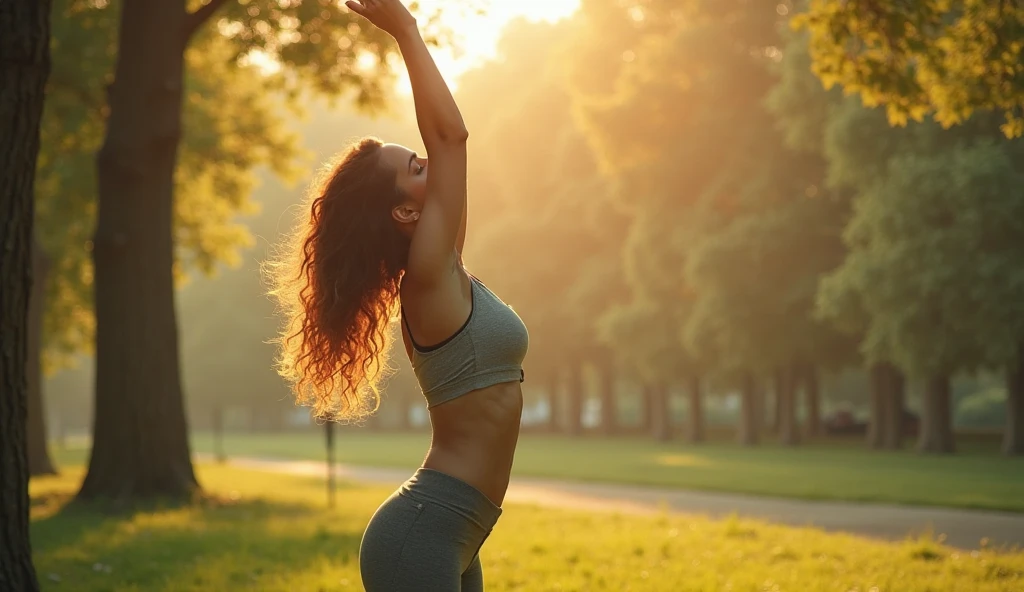
1. Squats: The Classic Glute Builder
Squats are essential for working the glutes. I aim to lower my body until my thighs are almost parallel to the ground. Then, I push through my heels. To mix things up, I try sumo squats or Bulgarian split squats. Remember, form comes first, then weight.
2. Lunges: Balance and Strength Combined
Lunges are great for building balance and working the glutes on one side. I switch between forward, reverse, and walking lunges to keep things interesting. It’s important to keep your back straight and your front knee in line with your ankle to avoid injury.
3. Deadlifts: Engaging Multiple Muscle Groups
Deadlifts target the glutes, hamstrings, and lower back. I use Romanian or single-leg deadlifts to focus on the glutes. Make sure to hinge at your hips, keep your back flat, and squeeze your glutes at the top for the best results.
4. Glute Bridges: A Great Isolation Move
Glute bridges are perfect for targeting the glutes without using heavy weights. I do both double-leg and single-leg versions, holding the top for 2-3 seconds. Adding a resistance band or weighted plate can increase the challenge.
| Exercise | Key Points | Tips |
|---|---|---|
| Squats | Targets all glute heads | Wider stance for inner thighs |
| Lunges | Unilateral strength | Control the descent |
| Deadlifts | Posterior chain integration | Use light weights first |
| Glute Bridges | Isolation focus | Squeeze glutes at peak contraction |
Creating a Workout Routine
Creating a good workout plan for your butt starts with balance. It’s important to mix structure with variety. This way, you target your glutes well without overdoing it.
Combining Different Exercises for Best Results
For a great butt, you need different exercises. I suggest combining:
- Compound moves (squats, deadlifts) to build strength,
- Unilateral exercises (lunges, step-ups) for balance,
- Isolation lifts (glute bridges, hip thrusts) for targeted work, and
- Plyometric drills (jump squats) for explosive power.
Frequency and Duration Recommendations
Work out 2–3 times a week, with 48 hours off in between. Keep each session short, 30–45 minutes. Focus on doing each exercise right, not just doing a lot.
Track your progress by adding more weight or reps each week. This keeps your muscles challenged.
Sticking to your routine is crucial. Add proper rest, and you’ll see results over time.
Nutrition for Glute Growth
Good nutrition is key for every effective butt exercise and glute workout. Without the right foods, even the best glute exercises for sculpted buttocks might not work. Here’s how to eat for maximum gains.
🌟 Boost Your Wellness with Moringa!
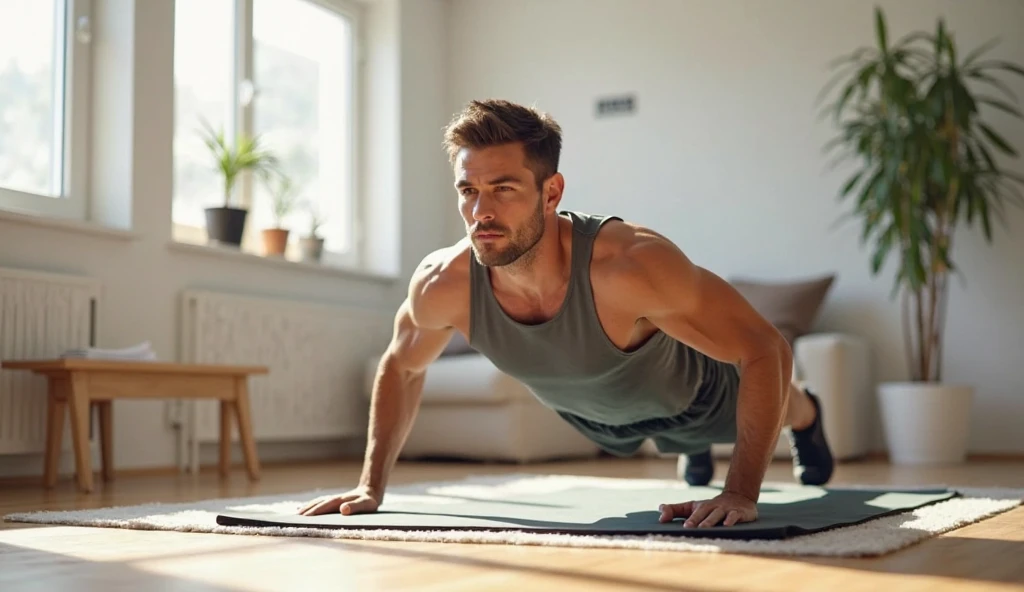
| Food Group | Best Sources | Benefits |
|---|---|---|
| Protein | Chicken, fish, Greek yogurt | Builds muscle tissue |
| Complex Carbs | Oats, quinoa, sweet potatoes | Energy for effective butt exercises |
| Healthy Fats | Avocado, almonds, olive oil | Supports hormone health |
Post-Workout Nutrition Timing
My routine includes:
- Drink 16-20oz water post-workout
- Eat 20-30g protein within 30 mins
- Combine with quick carbs like bananas
“Muscle growth requires 30% exercise and 70% nutrition.” – NASM Fitness Research
Drinking enough water is crucial. I use the formula: bodyweight (lbs) × 0.6 = daily ounces. Adding this to regular effective butt exercises shows results in 4-6 weeks. Remember, progress isn’t always straight, but eating right can speed up your gains.
Common Mistakes to Avoid
Getting a stronger, more defined butt is not just about doing the top exercises for a firm butt. Many people unknowingly ruin their progress. Here are some common mistakes to avoid:
Overtraining and Its Impact on Recovery
- Skipping recovery days: Not giving muscles time to heal can hinder progress. Try to rest 2-3 times a week.
- Ignores signs of overtraining: Feeling sore, tired, or unmotivated too long means you need a break.
- No progressive overload: Doing the same workout over and over won’t help. Increase the challenge to keep growing.
Neglecting Other Muscle Groups
Just focusing on glutes without working hamstrings, quads, or core can lead to imbalances. Weak hips or lower back can also cause injuries. Make sure to include squats, planks, and leg curls in your routine for overall strength.
“Strong glutes need a strong foundation. Neglecting the core is like building a house on sand.” — Certified Strength Coach, NASM
Being consistent is key. Combine smart recovery with full-body workouts for the best results.
Monitoring Your Progress
Tracking your journey while shaping your butt with exercise keeps you motivated. It helps you adjust your routine as needed. By using visual, performance, and measurable data, you can see your progress clearly.
⏳ Exclusive Offer Just for You!
![]()
Effective Ways to Track Improvement
Here are some ways to track your progress:
- Progress Photos: Take full-body shots from the side, back, and 45-degree angles every 4-6 weeks. Use the same lighting and clothing to spot changes over time.
- Performance Metrics: Log weekly lifts, reps, or form improvements. For example, adding 10 pounds to your hip thrusts shows strength gains from butt-lifting exercises.
- Body Measurements: Track hip circumference weekly. Avoid weighing yourself daily—muscle growth might not always reflect in scale numbers.
Setting Realistic Goals
Goals should be achievable yet challenging. Here’s how to set them:
| Process Goals | Outcome Goals |
|---|---|
| Complete 3 glute workouts weekly | Increase hip thrust weight by 20% in 8 weeks |
| Drink 8 cups of water daily | Develop visible muscle definition by month 3 |
It’s important to celebrate small victories, like mastering squat form or hitting a new rep count. Remember, progress takes time—most see noticeable changes in 8-12 weeks of consistent effort.
Incorporating Cardio for Overall Fitness
Strength training helps build your glutes, but cardio is key for progress. Adding cardio to your workout routines for a toned butt boosts blood flow. This helps muscles recover faster and work harder. I mix cardio to keep muscles strong and endurance up.
“I incorporate cardio into my routine not to ‘burn off’ my glutes, as some mistakenly fear, but to improve cardiovascular health and calorie burn.”
How Cardio Complements Strength Training
Cardio aids in recovery by increasing blood flow. It brings nutrients and removes waste from muscles. This speeds up recovery between strength sessions. It also lets you lift heavier.
My strategy includes low-impact, glute-focused moves. This maximizes gains without overtraining.
Best Cardio Exercises for a Tighter Butt
| Exercise | Benefits | Tips |
|---|---|---|
| Incline Walking | Activates glutes 5-10% more than flat surfaces | Set treadmill incline to 5-10% or hike hills |
| Stair Climbing | Strengthens hip extensions and improves endurance | Use a step mill or real stairs for 20-30 minutes |
| Sprint Intervals | Burns fat while maintaining muscle mass | Alternate 30s sprints with 1min walk for 20min sessions |
I suggest 2-3 cardio sessions a week, lasting 20-30 minutes each. Combine these with exercises for the perfect butt for balanced growth. Steer clear of too much steady-state cardio. Focus on targeted exercises.
Mixing cardio with strength training builds a stronger body. Aim for incline walks, either outdoors or at the gym, to engage your glutes.
Staying Motivated on Your Fitness Journey
Getting a toned butt is more than just knowing the right exercises. It’s about making effort a habit. Here’s how I stay motivated:
Setting Achievable Milestones
I celebrate small victories like lifting 10 more pounds each month. Writing down my progress helps me see how far I’ve come. It keeps me focused on the journey, not just the end.
Finding a Workout Buddy or Community
Working out with friends or joining groups makes it more fun. We share tips and motivate each other. Seeing others succeed inspires me to keep going.
Mixing up my workouts keeps things interesting. I enjoy dancing and hiking, which adds variety. Setting goals that mean something to me, like feeling confident in jeans, gives me purpose. Every step I take brings me closer to my goal. Remember, it’s the effort that counts, not perfection.

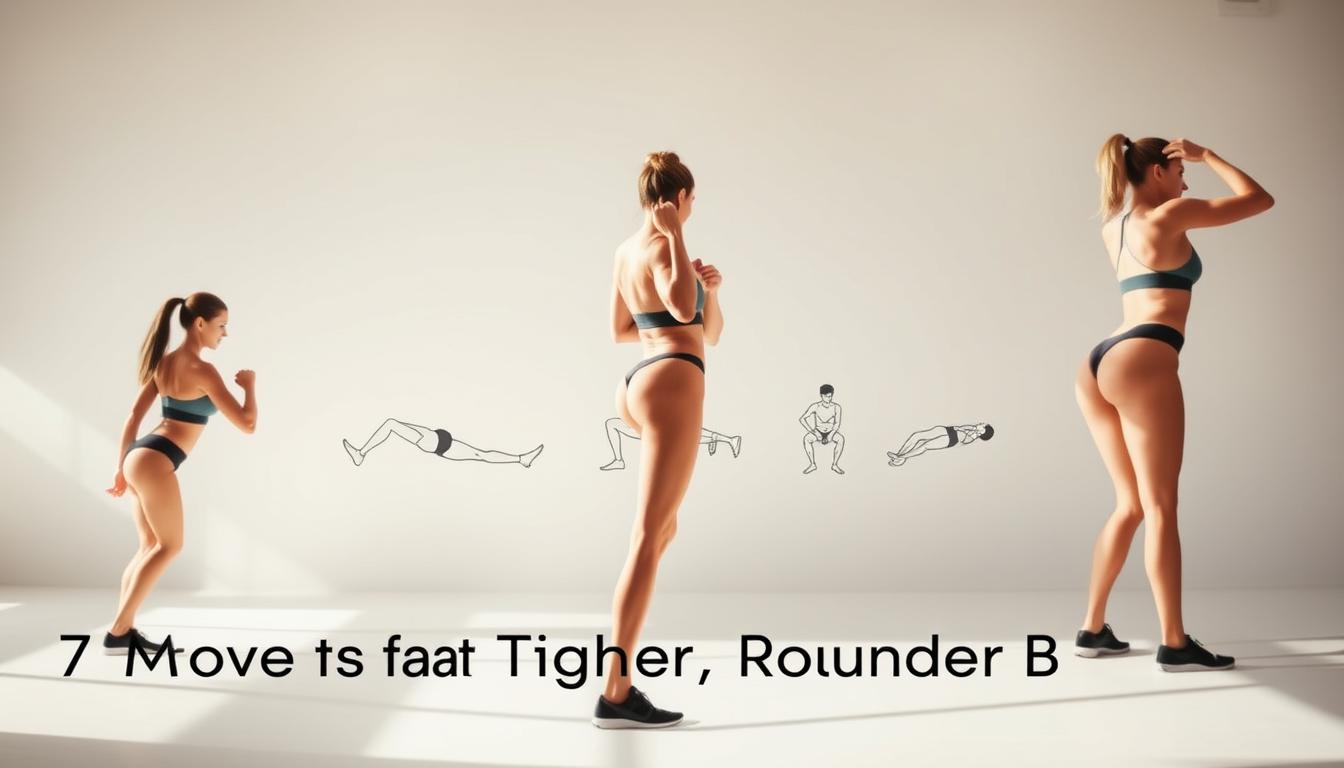
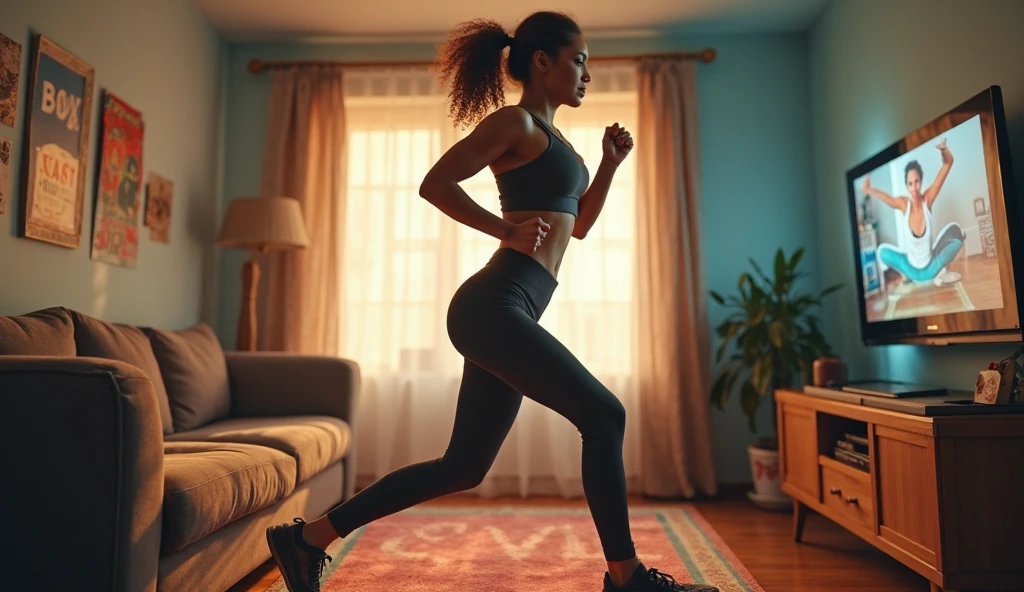
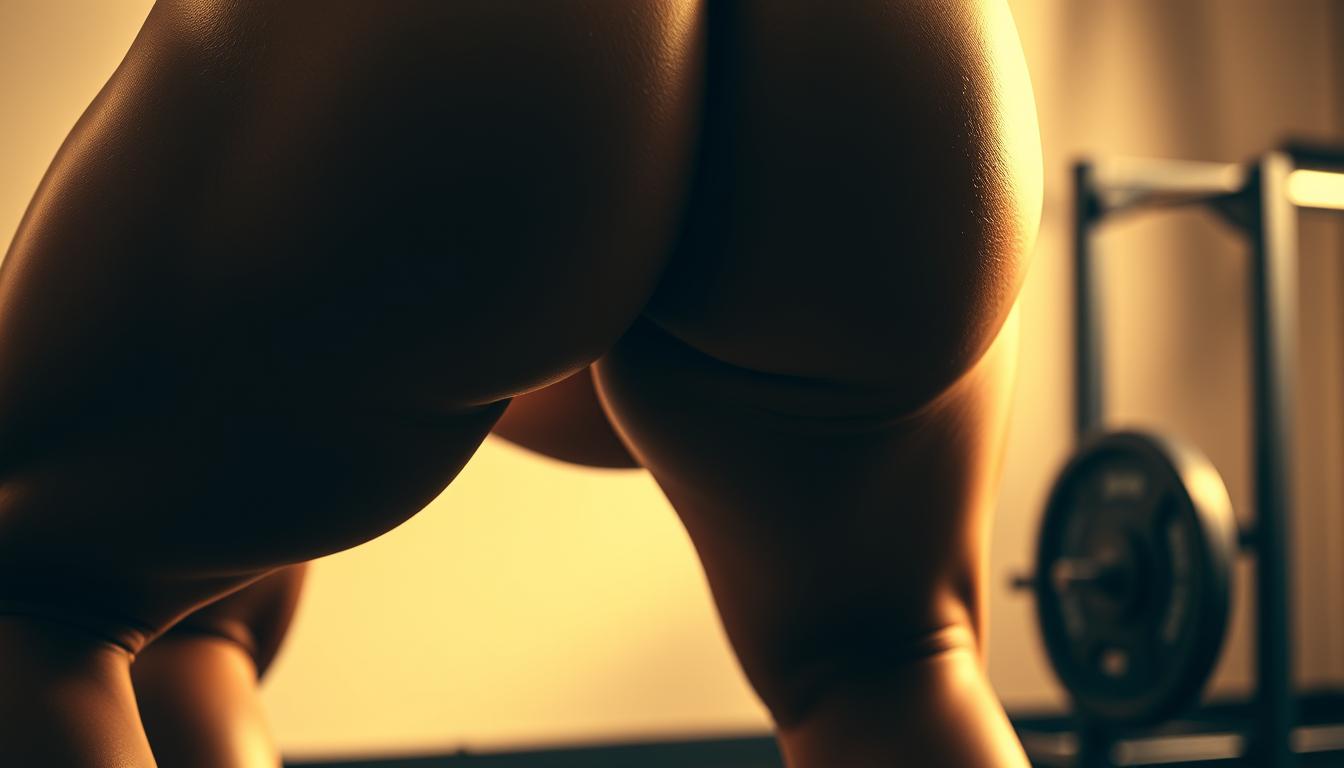
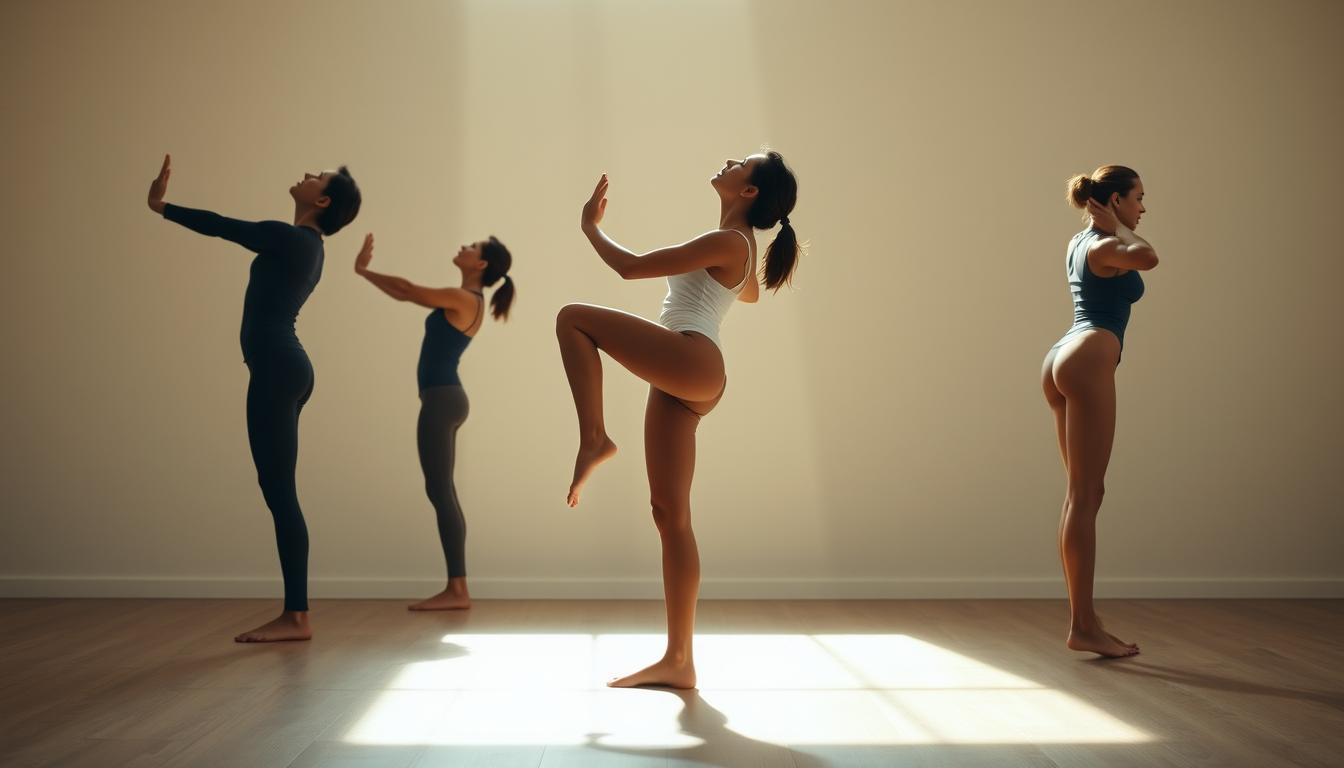

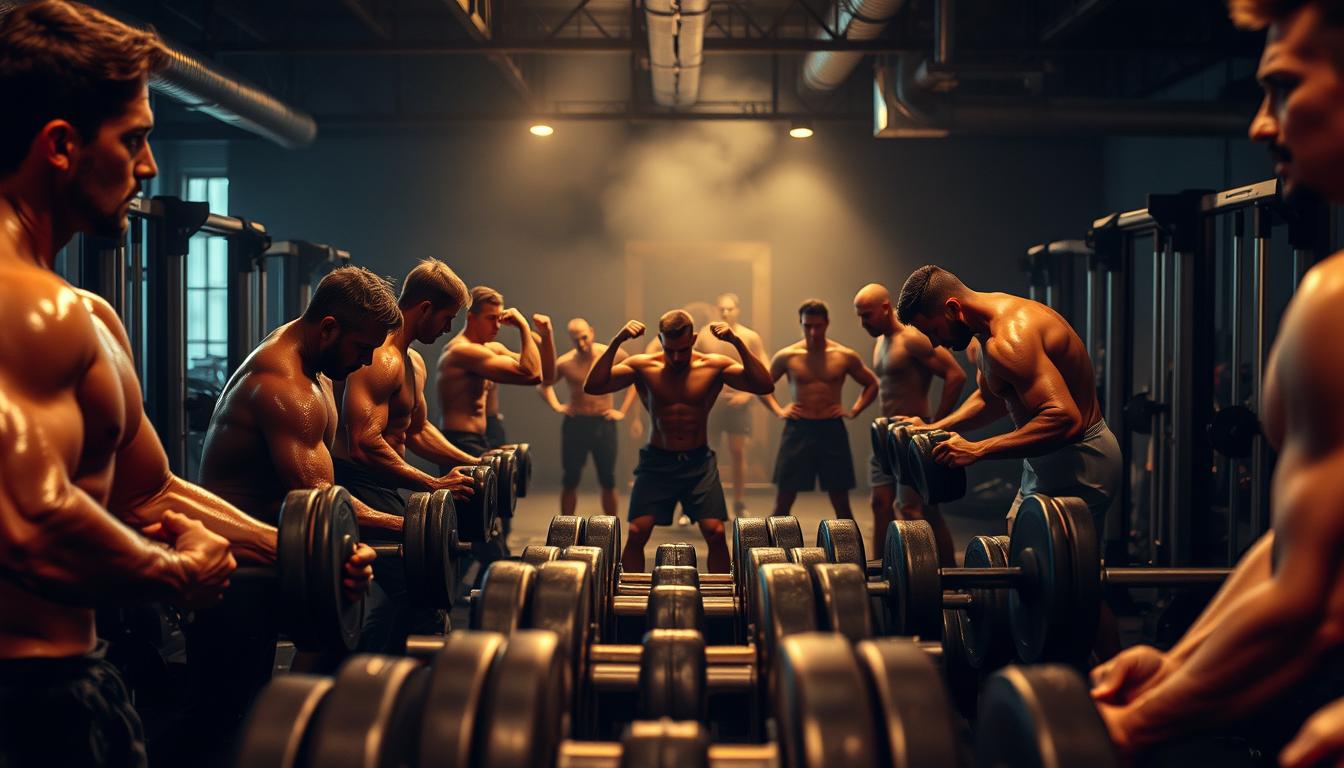
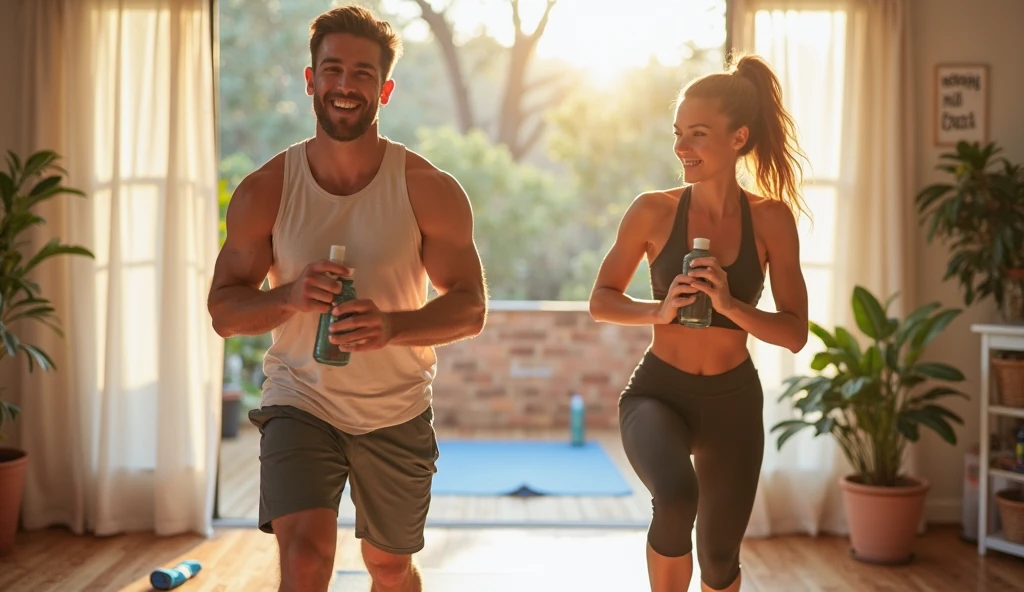
Comment on “7 Moves for a Tighter, Rounder Butt”